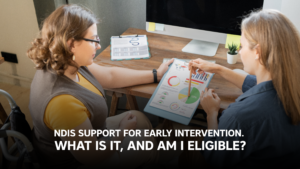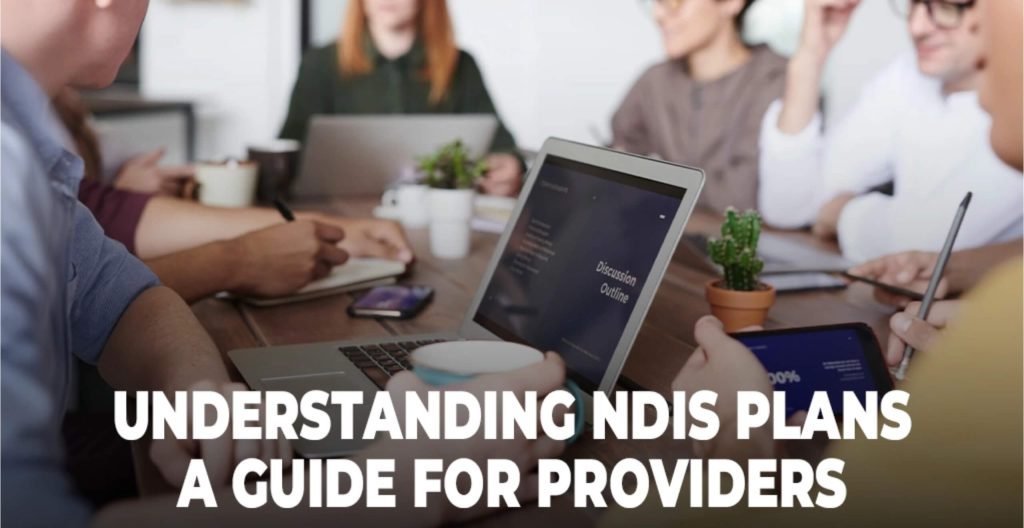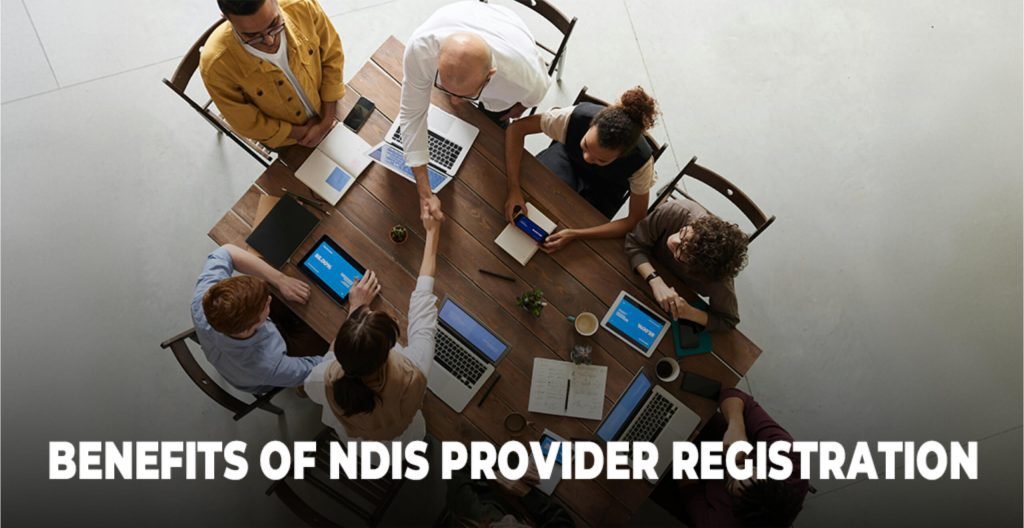What are quality for the NDIS?
NDIS Quality Indicators are the standards used to assess the quality of services provided to individuals with disabilities. These indicators cover a range of concepts, including safety, effectiveness, responsiveness, and person-centredness. By monitoring these indicators, service providers can assess their performance and identify areas for improvement, enhancing the quality of their services.
Role of the NDIS Quality and Safeguards Commission
The NDIS Quality and Safeguards Commission plays a crucial role in ensuring that people with disabilities in Australia receive high-quality services, promote safety, and support their well-being. For organisations that want to become NDIS providers, meeting the Commission’s standards is not just a business requirement; it is a commitment to those in need. Whether you’re starting your NDIS provider registration process or aiming to meet the standards through an NDIS audit, understanding the Commission’s expectations is essential. Here’s what you need to know to align with the NDIS Quality and Safeguards Commission’s requirements.
NDIS Practice Standards:
These standards outline the expectations for service providers in delivering safe, effective, and high-quality support to NDIS participants. They cover areas such as rights, dignity, and choice, empowering individuals with disabilities to gain control over their lives and participate in their communities.
Monitoring and Improving Service Excellence:
Effective monitoring of NDIS quality indicators is key to ensuring continuous improvement in service delivery. Service providers must regularly evaluate their performance according to these indicators. By considering feedback from participants and maintaining a culture of quality management, providers can address issues before they arise, ensuring quality and best practices in any NDIS audit.
Understanding NDIS Provider Registration and Eligibility
One of the first steps to becoming an NDIS provider is to complete the NDIS provider registration process. This process allows organisations and individuals to become authorised providers, giving them the authority to support NDIS participants. However, businesses must go through a lengthy process, including an NDIS audit and meeting the NDIS Eligibility Requirements to be accepted.
The registration process involves several steps, and potential providers must ensure that they are able to deliver services that align with NDIS standards. The NDIS provider registration checklist is a valuable resource, helping applicants track their progress and ensure they meet the standards. Key items on this checklist include:
- Documentation of your organisation’s structure, staffing, and procedures
- Evidence of appropriate policies for participant rights, privacy, and confidentiality
- Information on financial sustainability and the capacity to deliver services effectively
- Proof of compliance with relevant laws and regulations
Completing each step in the NDIS provider registration process requires detailed documentation and a clear understanding of NDIS compliance requirements. For many organisations, this may involve seeking assistance from an NDIS consultant to ease the registration process.
The Role of an NDIS Consultant in Registration and Compliance
An NDIS consultant can be invaluable for organisations navigating the registration and compliance processes. Consultants assist with paperwork, compliance checks, and preparing for the NDIS audit. With their in-depth knowledge of NDIS requirements, they help providers align with NDIS Quality and Safeguards Commission standards.
Why is it important to follow NDIS Quality Indicators?
The NDIS registration process is designed to ensure that providers meet strict criteria set by the Commission. To register, providers must undergo an evaluation process that includes meeting the NDIS Eligibility Requirements and adhering to compliance standards around service delivery, participant rights, privacy, and organisational capacity. This process also requires submitting documentation that proves the provider’s ability to deliver quality services aligned with NDIS values.
The importance of complying with the standards set by the NDIS Quality and Safeguards Commission cannot be overstated. For providers, compliance means credibility, reliability, and the trust of their participants. For participants, it ensures access to services that respect their rights, dignity, and independence. Non-compliance can result in penalties, loss of registration, or reputational damage, which can ultimately affect participants’ well-being and safety.
In conclusion, the NDIS Quality and Safeguards Commission is a critical part of the NDIS framework, promoting safe, high-quality services for people with disabilities. Following the Commission’s standards is crucial, not only for meeting the NDIS Eligibility Requirements and successfully completing the NDIS registration process but also for positively impacting the lives of participants. By adhering to these standards, providers commit to safe, reliable, and compassionate service delivery.
| Key Differences | Support Worker | Support Coordinator |
|---|---|---|
| Role Focus | Direct care and daily support | Managing and coordinating services |
| Interaction with Participants | Regular, often daily interactions | Less frequent, but critical for planning and connections |
| Skill Set | Practical skills for direct care and support | Strong organisational, communication, and problem-solving skills |
| Goal Orientation | Improving daily living experiences | Empowering participants to understand and effectively use their NDIS plan |
While both support workers and support coordinators are integral to the success of an NDIS plan, they occupy different roles. Recognising these differences enables participants and their families to make informed decisions regarding the support they may require.
Whether it’s the direct care offered by a support worker or the strategic guidance provided by a support coordinator, both play essential roles in ensuring participants remain well-supported and independent. If you’re looking to become an NDIS provider or explore NDIS provider registration, connect with HPA to find the best support worker or support coordinator for your needs!
Latest NDIS News in Australia

ndis business profitability strategies and factors
Becoming an NDIS provider Registration is a great investment and a business opportunity that offers a lot and while navigating NDIS business registration and NDIS

Allied Health Professionals in NDIS: What you need to know
The NDIS Scheme helps a large group of people with disabilities in Australia by providing support and services to enhance their lives. And to become

How to create a positive NDIS participant experience
How to create a positive NDIS participant Whether you’re Working as an NDIS provider or wanting to become an NDIS provider, Ensuring a great experience

Common Mistakes in NDIS Audit and How to Avoid Them
Becoming a National Disability Insurance Scheme become an NDIS provider provider can be a great business opportunity, but it also comes with a lot of

NDIS Plan Management Self Managed VS Plan Managed
Helping participants navigate their plans effectively is an essential part of providing service and ensuring quality in your provider business. NDIS plan management is fundamentally

How to Stay Informed: NDIS Resources and Updates You Need to Know
NDIS Resources Navigating the National Disability Insurance Scheme (NDIS) can often feel challenging and overwhelming. With updates on policy changes, new guidelines, and various support
Hear from Our Clients









